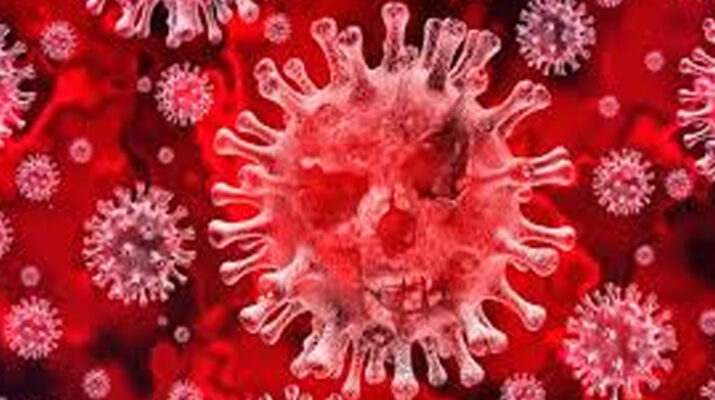NEW DELHI: More than two and a hal years into the Coronavirus pandemic, researchers have achieved a breakthrough into combating the deadly virus that keeps mutating and evading the immunity response humans develop owing to the available vaccines. What started with coronavirus, have further delved into Delta variant, Omicron Variant and their respective sub-variants, thereby causing alarming ebb and flow of new covid-19 cases throughout the globe.
WHO Director-General Tedros Adhanom Ghebreyesus on Wednesday had notified that the reported Covid-19 deaths over the past month surged 35%, stating that there had been 15,000 deaths in the past week.
At such a time, researchers have claimed that they have discovered a vulnerability, a ‘weak spot’, across all variants that could help in developing a more targeted anti-body treatment. The study that was published on Thursday has been conducted in collaboration of researchers at Canada’s University of British Columbia – led by Dr Sriram Subramaniam, a professor at the faculty of medicine – and the University of Pittsburgh, US – led by Drs. Mitko Dimitrov and Wei Li. The study was published as a peer-reviewed article in the journal Nature Communications.
Understanding the study
According to the article published on the study, researchers used cryo-electron microscopy (cryo-EM) to reveal the atomic-level structure of the vulnerable spot on the virus’ spike protein, known as an epitope. This powerful imaging technology uses beams of electrons to visualise the shapes of tissues and cells using ultra-cooling (“cryo”) techniques.
The coronavirus is 100,000 times smaller than the size of a pinhead and therefore it cannot be viewed under a regular microscope.
Hindustan Times quoted Subramanium saying, antibodies attach to a virus in a specific manner, “like a key going into a lock”, however, when the virus mutates, the key no longer fits. Subramanium did his MSc in Chemistry from IIT-Kanpur.
“We’ve been looking for master keys — antibodies that continue to neutralize the virus even after extensive mutations,” he added.
Covid-19 ‘weak spot’ identified
During their analysis and experiment, the researchers found an antibody fragment VH Ab6. This fragment is known to be effective against the Alpha, Beta, Gamma, Delta, Kappa, Epsilon and Omicron variants.
To understand the fragment- The VH Ab6 is known to neutralize SARS-CoV-2 by attaching to the epitope on the spike protein and blocking the virus from entering human cells, according to a statement published by University of British Columbia.
“This study reveals a weak spot that is largely unchanged across variants and can be neutralized by an antibody fragment. It sets the stage for the design of pan-variant treatments that could potentially help a lot of vulnerable people,” Subramaniam, who is also the study’s senior author, said.
Utility of Covid-19 virus ‘weak spot’
Subramaniam has mentioned that this key vulnerability can now be exploited by drug manufacturers, and as the site is relatively mutation-free, the resulting treatments could be effective against existing—and even future—variants.
“We now have a very clear picture of this vulnerable spot on the virus. We know every interaction the spike protein makes with the antibody at this site. We can work backwards from this, using intelligent design, to develop a slew of antibody treatments,” he said.
“Now that we’ve described the structure of this site in detail, it unlocks a whole new realm of treatment possibilities,” he said.
New symptoms of Covid-19 recorded
With the country witnessing a steady increase in Covid-19 cases, medical experts inform about the non-specific and newer Covid-19 symptoms presented by new Covid-19 patients. So far, the common symptoms appeared to have been limited to headache, fever, cough, cold, throat irritation and bodyache, however, the patients are reportedly presenting newer symptoms now.




